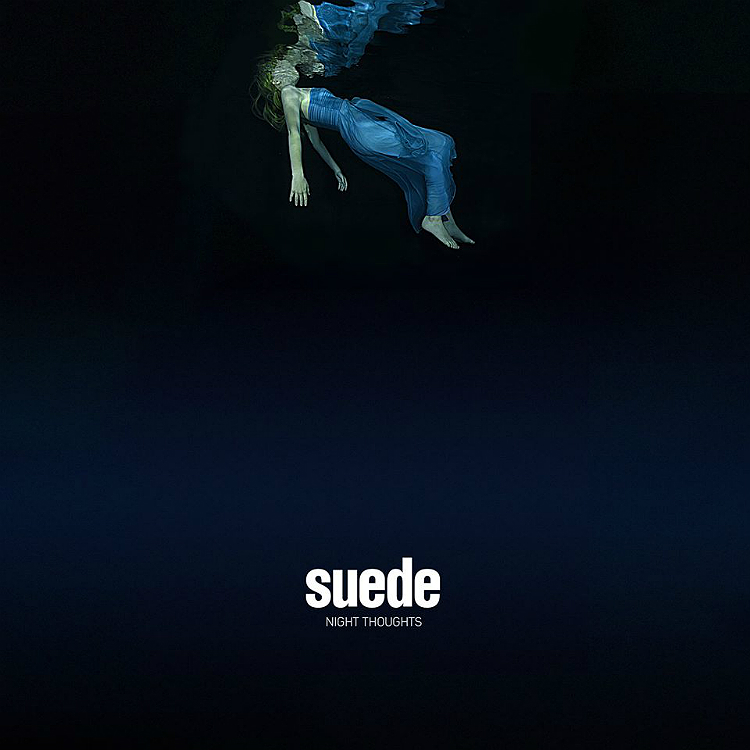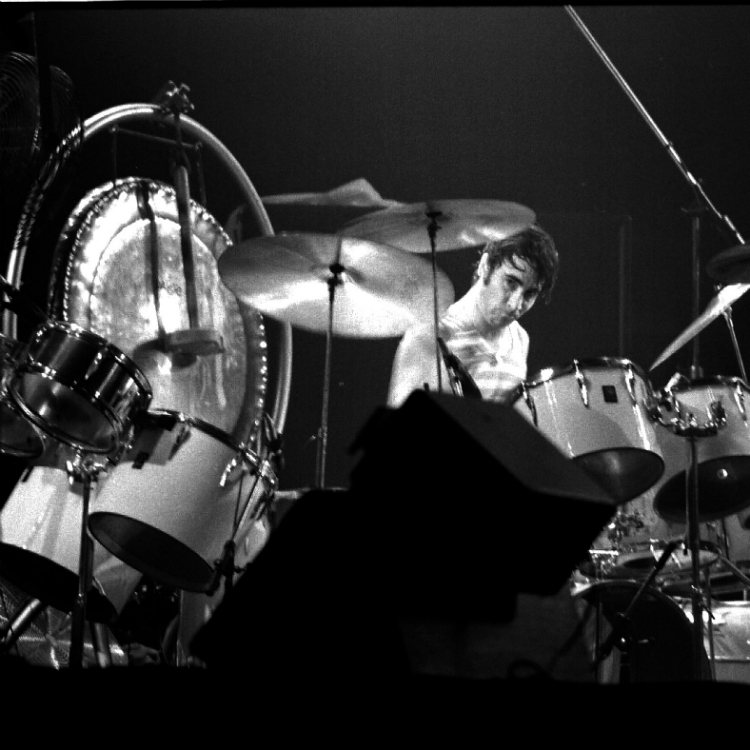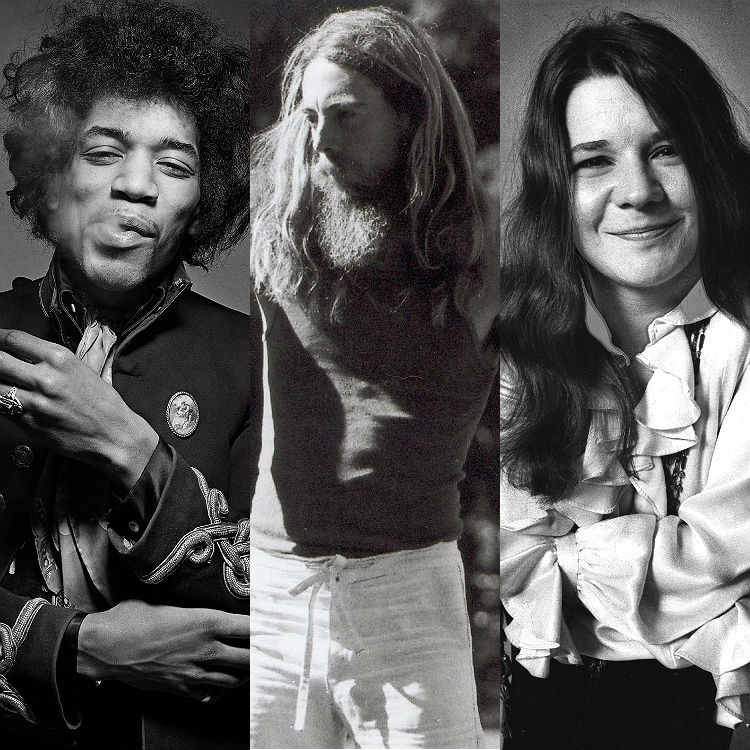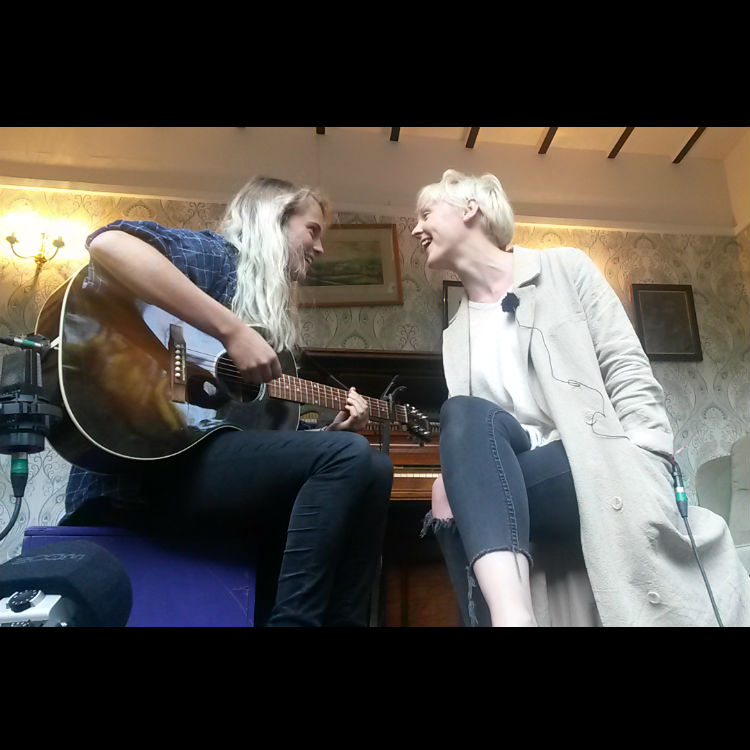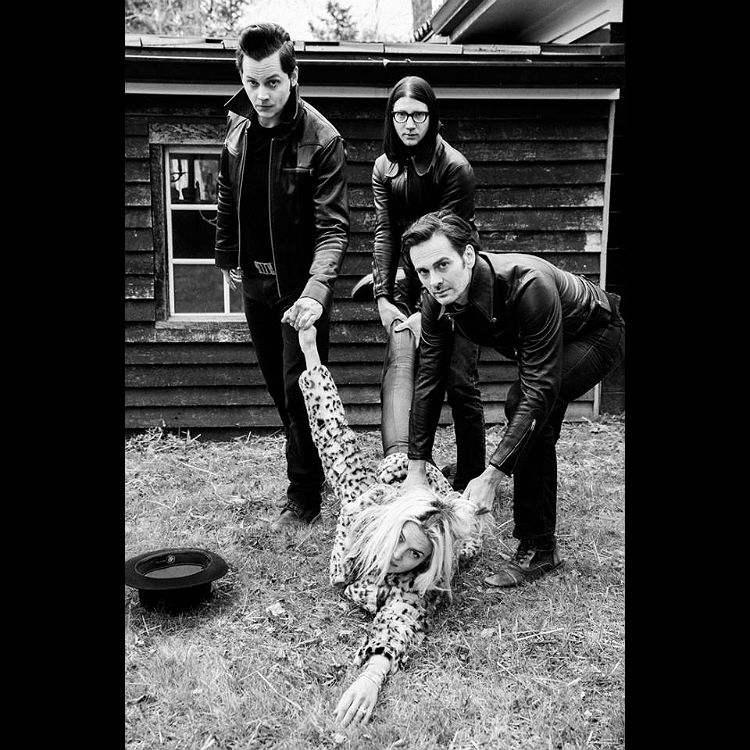 Photo:
Photo:

As Camera Obscura, Glasgow’s glorious indie-pop sextet, gear up to leave mind-numbing day jobs behind for a full-time focus on music, Gigwise chews the fat with percussionist / guitarist / trumpet-playing extraordinaire Nigel Baillie and drumming aficionado Lee Thomson…
It’s difficult to picture Nigel Baillie in his day job – schmoozing clients and evaluating property – when he’s bolstering one of Britain’s most sparkling indie-pop groups with spectacular trumpet trills and a plethora of precise percussion.
Such is his double life with Camera Obscura, despite the band having three fabulous albums and existing in various incarnations for the best part of a decade. Things are set to change however, as the group makes a more concerted push for recognition with the release of their spectacular third album, ‘Let’s Get Out Of This Country’, a record packed with what the ensemble does best – gorgeous, unadulterated 60s-tinged melodic pop.
“It’s going to be difficult,” says Baillie of juggling his two worlds. “It’s maybe moving up a couple of rungs on the ladder now. We know we’ve got to get out there and play a bit more, and we’re trying to cram in as many gigs as we can possibly do given the constraints of paying the rent and putting food on the table.” And with tours and festival appearances squeezed into the second half of the year, jokes that band members are on the verge of being sacked from their “real” jobs may not be too far from the truth.
 Apart from Carey Lander, the band’s youngest recruit, Camera Obscura balance day jobs with music careers. Keyboard whizz-kid Lander has just graduated from university. She won’t bother searching for a “proper” job, as the band is increasingly eating into her time. Towering bass player Gavin Dunbar is desperate to leave the drudgery of the BSkyB call centre.
Apart from Carey Lander, the band’s youngest recruit, Camera Obscura balance day jobs with music careers. Keyboard whizz-kid Lander has just graduated from university. She won’t bother searching for a “proper” job, as the band is increasingly eating into her time. Towering bass player Gavin Dunbar is desperate to leave the drudgery of the BSkyB call centre.
Camera Obscura’s driving force is Tracyanne Campbell. The seemingly surly but treacle-voiced frontwoman pens the majority of the group’s material, and was a founding member of the group almost ten years ago. However, Baillie admits the band didn’t really feel complete until just before the new millenium, when the current line-up of Campbell, Lander, Baillie, Thomson, Dunbar and guitarist Kenny McKeeve more or less fell into place.
‘Let’s Get Out Of This Country’ is easily the most self-assured album the band has released. It’s littered with indie anthems, shimmering 60s girl pop and country splashed odes that radiate heartbreak and relationship discontent.
Now with an experienced muso as the group’s manager – in the shape of Teenage Fanclub’s Francis McDonald – and having worked with Concretes producer Jari Haapalainen, the band seems to be upping efforts to take things more seriously.
The latest collection of songs sound like a tangible step forwards for the sextet, with Haapalainen having a lot to do with the shift during recording in Sweden. “He made things a bit catchier, a bit punchier,” says drummer Lee Thomson of the man behind the mixing desk. “We used to just meander a bit before. I think these songs are stronger. He was bonkers though, but in a good way. Strange wee guy.”

McDonald – drummer in the Fannies and artist in his own right – has also bolstered the band’s newfound motivation and confidence. “We’ve never had a manager before to help,” admits Thomson. “It was frustrating before, we always ended up doing a lot of things ourselves. We’d have meetings and it would just end up being like a business. It’s been a big help this time to have someone who’s doing a lot of stuff for us and it just leaves us to get on with the music.”
Thomson says the band enjoyed recording the record in Sweden, but confesses he stuck out in the Nordic nation. “Everyone was too pretty and small,” he groans. “I just stood out as a Big Ginger, I’ve got a complex about it. We may as well have walked around with a sign on us saying ‘We’re Scottish’.”
The band is signed to Merge in the States, the same record label as Arcade Fire. Whilst the success of ‘Funeral’ has boosted Merge, allowing them to put more effort and bucks into promoting Camera Obscura, the pair admit that their music has always been better received abroad than at home. “It was a strange situation because we were going to America and places like Spain and playing at a certain level, at certain sized venues, and we were coming back here and playing in someone’s living room to about 20 people,” Baillie recalls.
“I think it’s harder in Britain because the music press allow two or three bands to exist. It’s very fickle,” adds Thomson. “When you go to the States there’s a bigger market but people generally can see the relationship with current music and what’s happened previously. You don’t really get that here. Music journalists here seem to think that things started in 1992 or something. We get weird requests from skate guys in America and guys that like heavier music also like the band. You don’t really get that here and it’s a really nice thing. People just like music. There’s pigeonholing in the UK, which is pretty destructive.”
Baillie chips in: “People like us because they like music. They certainly don’t like us because we’re a trendy band!”
“They might like us until they see a photo of us,” quips Thomson.
“We’re not the prettiest band,” Baillie laughs. “Well, the blokes anyway.”
Past pigeonholing for the band included countless comparisons to fellow Glaswegians Belle and Sebastian, something Thomson finds “really annoying, lazy journalism.”
B&S main man Stuart Murdoch did produce some of the band’s earlier material and was essentially responsible for getting them into the studio properly, boosting their confidence to be able to record themselves. Campbell was once romantically linked with Murdoch too, whose wandering eye presumably fuelled some of the venom on CO’s new album.
There’s less saccharine innocence to Campbell’s writing these days. ‘Let’s Get Out Of This Country’ oozes acrimonious hurt, encased in a delicious musical pastry. Whether the world takes notice of what the hip/twee scenesters have been bopping along to for years is yet to be known, but with a sublime new album tucked under their belts, Camera Obscura at last have a chance to cement their place in the ranks of Scots indie royalty.






